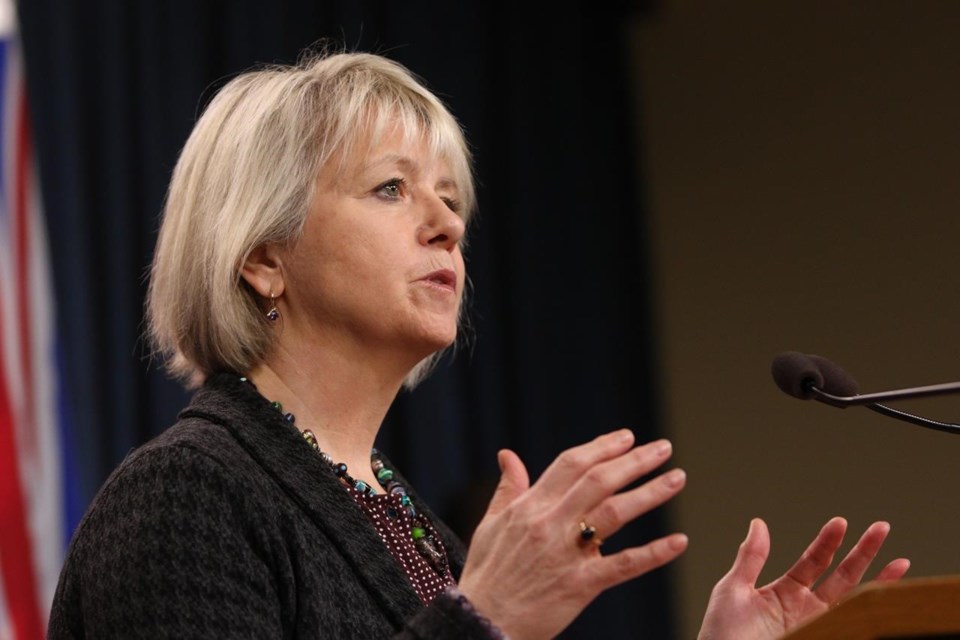VICTORIA — The unusually early influenza outbreak that resulted in the deaths of six children and youth in British Columbia last month is on the decline, but the provincial health officer says another wave of infections is expected within weeks.
There have been no reported deaths of young people since the province experienced an early spike of flu cases during November and December, Dr. Bonnie Henry said Friday.
"We have not seen any additional deaths beyond the six that were initially reported that we linked to influenza early on," she said at a news conference. "That's important."
The flu season, which involves influenza A, influenza B and respiratory syncytial virus, usually runs from December to March, but it hit young people early and hard this year, likely due to their lack of immunity after two years of COVID-19 prevention protocols, Henry said.
Hospitals and emergency rooms were overflowing with patients, especially children and young people, suffering with flu-related illnesses.
"Influenza in all age groups has declined from the peak where we saw about 27 per cent test positivity in late November down to about five per cent now," said Henry. "This has been a very unusual year, so it is very important to recognize that we can't necessarily compare this year to previous influenza seasons prior to the pandemic."
She said she expected any surge in flu this spring to involve influenza B, which is less severe than influenza A, the strain that caused severe illness across the province last month.
Henry said there were 661 new cases of COVID-19 reported over the past week, including 24 confirmed cases of the Omicron variant XBB 1.5.
"There is no evidence that this subvariant is causing more severe illness and there's very good evidence our vaccines are still providing strong protection from serious illness and death, especially if you've had that bivalent booster," she said.
The high numbers of people in B.C. who have received COVID-19 vaccines and boosters and flu shots have contributed to declining infection numbers for both illnesses, said Henry.
"Early estimates showed that the protection from the vaccine we have right now reduces your chances of needing to see a physician or nurse practitioner for influenza by at least half," she said. "I can't overestimate the importance of having those booster doses in effectively blocking the transmission in our communities."
This report by The Canadian Press was first published Jan. 13, 2023.
Dirk Meissner, The Canadian Press



